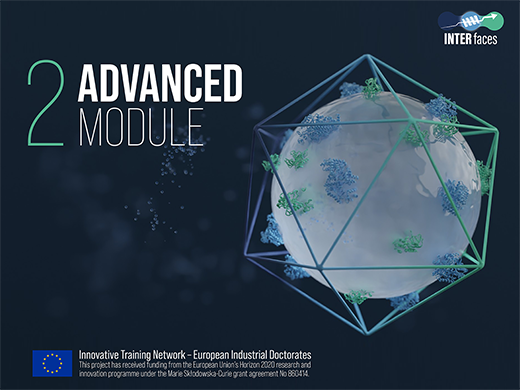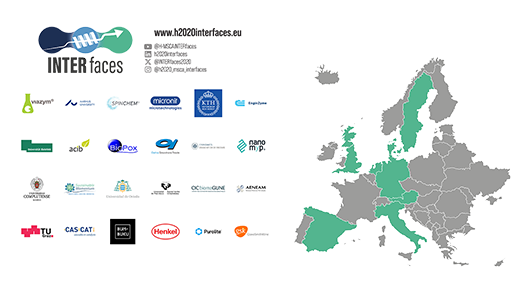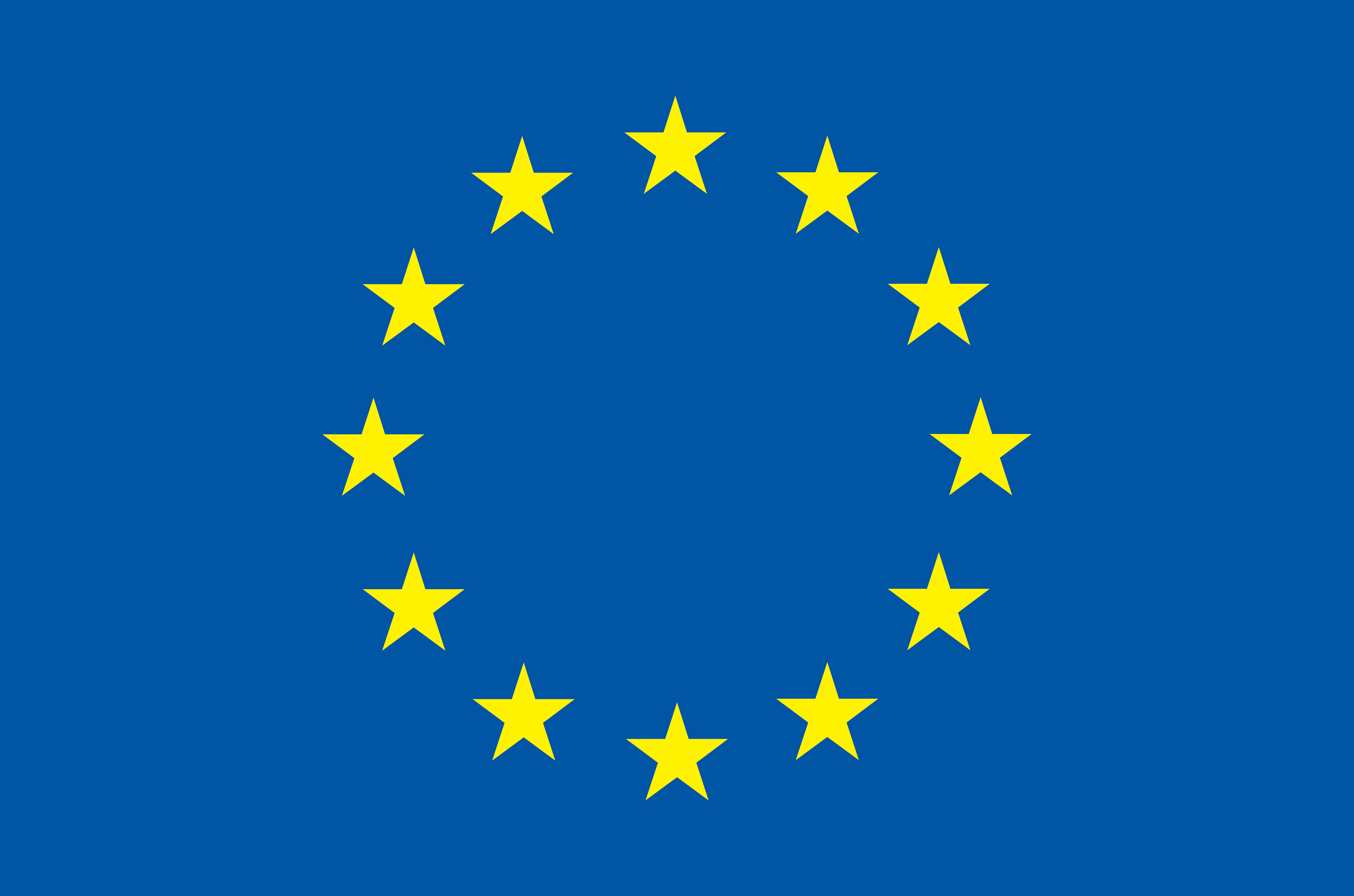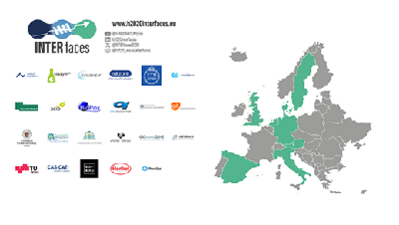


Tailored Materials and Enzymes for Industrial Processes – Advanced Module
Graz University of Technology, INTERfaces
INTERfaces-Team
Sobre
Informações gerais do curso
#INTERfaces #Biocatalysis #MSCA #Horizon2020
The iMooX-course “Tailored Materials and Enzymes for Industrial Processes – Advanced Module” focusses on state-of-the-art enzyme immobilization techniques, different methods used based on carrier materials and binding chemistries, assessment of immobilized enzymes' performance, and the use of immobilized enzymes in different reactors. Furthermore, we will introduce industrial biocatalytic applications synthesizing chemicals and downstream processing methods towards their isolation. In total nine Units were designed within the three main Topics (Design and characterization of immobilized biocatalysts, Design of reaction cascades, Process Intensification and Scaling), that will cover themes from heterogenization of enzymes and use of them in different reactor setups, also in an industrial environment. The units will be completed with some interviews between young scientists and industrial biotechnology leaders and experimental videos. After each lecture, a questionnaire must be completed and passed to successfully end the corresponding unit. The course is not only taught for students at BSc. and MSc. study levels but also to attract attention from industrial chemists interested in applying enzymes to synthesize chemicals for our daily use.
While this course can stand alone, it has been designed as part of a three MOOC series of “Tailored Materials and Enzymes for industrial Processes”:
“Tailored Materials and Enzymes for Industrial Processes – Basic Module”
“Tailored Materials and Enzymes for Industrial Processes – Advanced Module”
“Tailored Materials and Enzymes for Industrial Processes – Sustainability Module”
We highly recommend attending all these three MOOCs in the intended order for the best learning experience.

This course has been developed and realized in the frame of the project INTERfaces - Heterogeneous biocatalysis reaction cascades training network (H2020 Marie Skłodowska-Curie Actions (MSCA) Innovative Training Networks (ITN) – European Industrial Doctorates (EID)).
This project has received funding from the European Union’s Horizon 2020 research and innovation programme under the Marie Skłodowska-Curie grant agreement No 860414.

Conteúdo
Conteúdo do curso
- Topic 1: Design and characterization of immobilized biocatalysts
- Topic 2: Design of reaction cascades
- Topic 3: Process Intensification and Scaling
Objetivos do curso
After completing the MOOC, participants will be able to:
Learn about the different types of immobilization from different angles, such as the carrier structure or the chemistry behind the process.
Acquire knowledge on how to characterize immobilized enzymes, from fundamentals to sophisticated approaches.
Understand the motivation of establishing multi-step enzymatic processes, particularly related to industrial applications.
Contextualize the usefulness of retrosynthetic approaches in biocatalysis, enabling the choice of the best synthetic routes.
Understand the principles of chemical engineering, mass and energy transfer parameters, leading to the selection of the best processing conditions.
Learn how to set-up intensified processes en route to industrial scale-up, with a holistic vision covering both the reaction (upstream) and the product isolation (downstream) steps.
Conhecimento prévio
Basic knowledge of biochemistry, organic chemistry, and chemical reaction engineering is expected. Completion of MOOC: “Tailored materials and Enzymes for Industrial Processes - Basic Module” is recommended.
Procedimento do curso
The MOOC is divided into 8 units. Every week one unit is published. Each unit contains at least one lecture video, accompanying transcripts, sometimes bonus material in the form of an experimental video or an industrial interview and a self-assessment quiz to check the learning goals.
Synchronous phases are not planned so that learners can work through content at their own pace.
Certificado
For actively participating in the course you will receive an automatic certificate which includes your username, the course name as well as the completed lessons. We want to point out that this certificate merely confirms that the user answered at least 75% of the self-assessment questions correctly.Licença
This work is licensed under https://creativecommons.org/licenses/by-sa/4.0/deed.deInstrutor do curso

INTERfaces-Team
INTERfaces - Heterogeneous biocatalysis reaction cascades training network H2020 Marie Skłodowska-Curie Actions (MSCA) Innovative Training Networks (ITN) – European Industrial Doctorates (EID)
12 Non-academic partners ranging from high-tech SMEs to large producing companies and 11 academic institutions offer an intersectoral and interdisciplinary environment to provide 14 PhD candidates with outstanding employability profiles for the European Biotech Sector. Dedicated workshops and a well-balanced supervisory team aim at increasing gender diversity in biotech research. Together, they build this MOOC to widen the knowledge in the field of biocatalysis and to give students the chance to learn from an excellent board of teachers from different faculties and backgrounds.
List of teachers:
Prof. Selin Kara (Aarhus University), Prof. Fernando López Gallego (CIC biomaGUNE), Assoc. Prof. Juan Manuel Bolivar (Complutense University of Madrid), Prof. Harald Gröger, (University of Bielefeld), Prof. Iván Lavandera (University of Oviedo), Prof. Vicente Gotor-Fernández (University of Oviedo), and Dr. Alba Díaz-Rodríguez (GSK)
.https://www.h2020interfaces.eu/
Iniciar sessão e inscrever-se Atualmente: 139 Participantes
Gratuito para todos € 0.00
Parceiros

Graz University of Technology
Graz

INTERfaces
